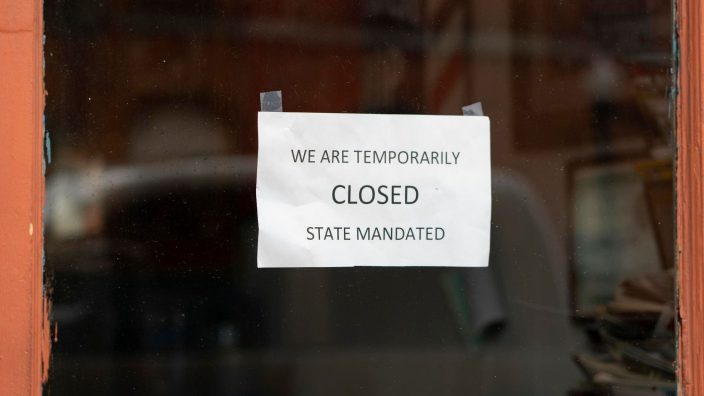Farmer’s Guide to Trucking Regulations available to Ohio Farm Bureau members
The guide includes a farm driver checklist, overview of state and federal regulations and exemptions, CDL qualifications and more.
Read More
To date, Ohio has borrowed $1.46 billion from the federal government to cover the state’s unemployment compensation costs, an unusually high tab that has been run up quickly due to the impacts of COVID-19.
Typically, employers foot the bill for this loan through the Federal Unemployment Tax Act (FUTA), which is used to pay for the federal administration of unemployment to provide funding for loans to states that have exhausted their unemployment system during times of high unemployment.
Ohio Farm Bureau joined together with other business industry leaders to bring awareness to the issue and asked the DeWine administration to look for ways to use resources from the American Rescue Plan to relieve already struggling Ohio employers from the burden of a looming IOU to the federal government.
To address this concern, Gov. Mike DeWine recommended to the General Assembly that Ohio use a portion of its federal COVID relief and recovery dollars to pay off the unemployment insurance loan.
“This loan was caused by the global pandemic, and paying it off now will free Ohio employers from this burden so they can instead focus on getting employees across our state back to work.,” DeWine said. “This will help small businesses owners and employees, and I look forward to working with our partners in the General Assembly on legislation to pay off the loan.”
If the state doesn’t select this method and the loan remains outstanding, Ohio Farm Bureau’s Director of State Policy Tony Seegers said every year the loan is outstanding, the FUTA tax credit is reduced by .3%, meaning Ohio’s employers pay an increasing amount, eventually reaching the full 6%, which equates to $420 per employee.
“For our members who are employers that pay the federal unemployment tax, using COVID relief funds for this loan gives them one less thing to worry about,” Seegers said. “To be frank, for those employers who are hanging on by a thread, this could be what makes or breaks their business from getting through this crisis, and we need as many businesses to succeed as possible.”
Ohio’s definition of agricultural employer is similar to that of the federal government’s definition. In the case of agricultural labor, the term “employer” means any person who paid wages of $20,000 or more for agricultural labor during any calendar quarter in the calendar year or the preceding calendar year, or employed at least 10 individuals in employment in agricultural labor for some portion of a day in each of the 20 different calendar weeks, in either the current or preceding calendar year whether or not the same individual was in employment in each day.
The DeWine administration emphasized that using federal dollars strategically to shore up Ohio’s unemployment system will also contribute to Ohio’s year of recovery.


The guide includes a farm driver checklist, overview of state and federal regulations and exemptions, CDL qualifications and more.
Read More


Katie Share of Columbus has been named ExploreAg and Youth Development Specialist for Ohio Farm Bureau.
Read More

Mary Klopfenstein of Delphos has been named Young Ag Professional and Ag Literacy Program Specialist for Ohio Farm Bureau.
Read More

The plan has been updated to give sole proprietors access to more rate stability and a smart solution that offers potential savings on health care.
Read More

The American Farm Bureau Federation, in partnership with Farm Credit, is seeking entrepreneurs to apply online by June 15 for the 2025 Farm Bureau Ag Innovation Challenge.
Read More

Adele Flynn of Wellington has been elected treasurer of the Ohio Farm Bureau Federation and now holds the third highest elected office in Ohio’s largest and most influential farm organization.
Read More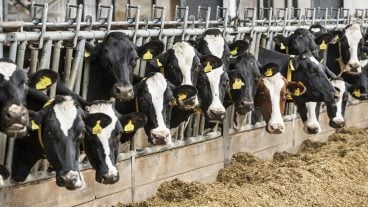
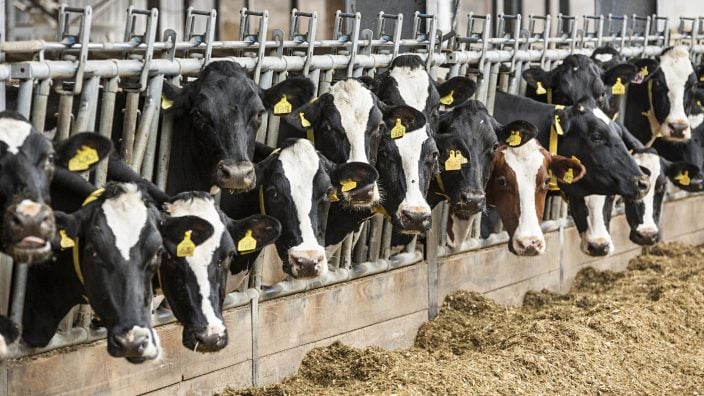
Producers are urged to work with their veterinarian to practice enhanced biosecurity measures and review and limit cattle movements within production systems.
Read More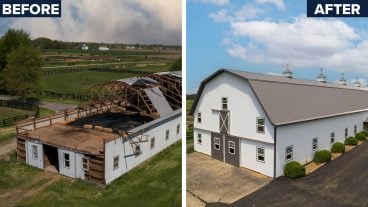
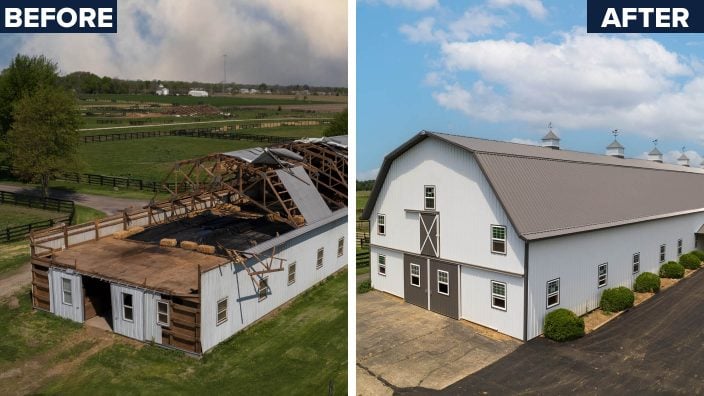
The changing seasons bring with them the need to thoroughly inspect pole barns for any damages that may have occurred during the winter months.
Read More

Hundreds of Ohio businesses and sole proprietors are raving about Ohio Farm Bureau’s Health Benefits plan with lower, predictable costs and easy enrollment and administration options.
Read More
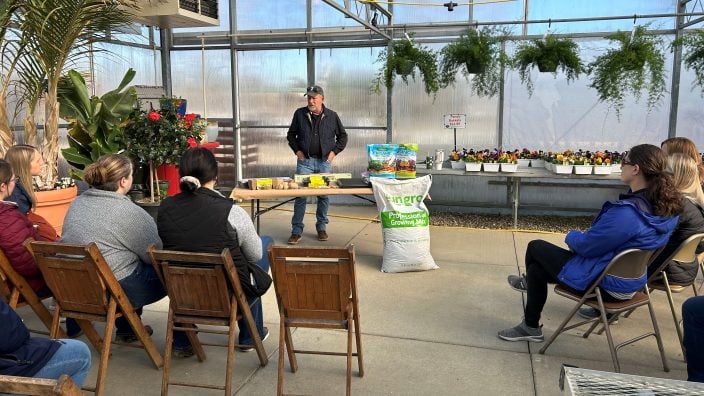
AgriPOWER Class XIV spent a few days in March in Medina and Wayne counties learning more about northern Ohio agriculture from leaders in Ohio Farm Bureau.
Read More